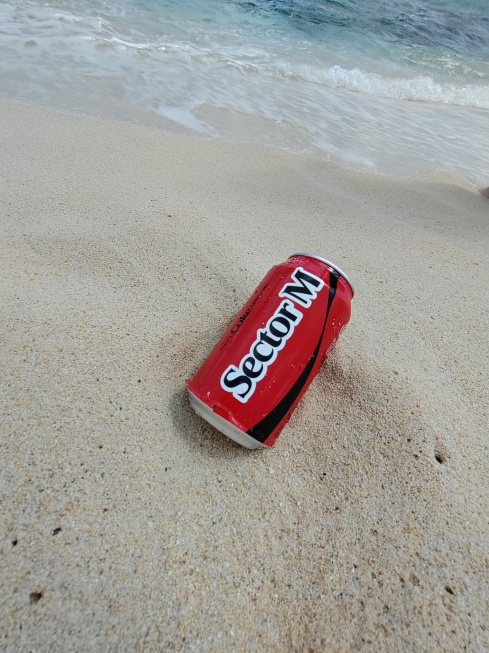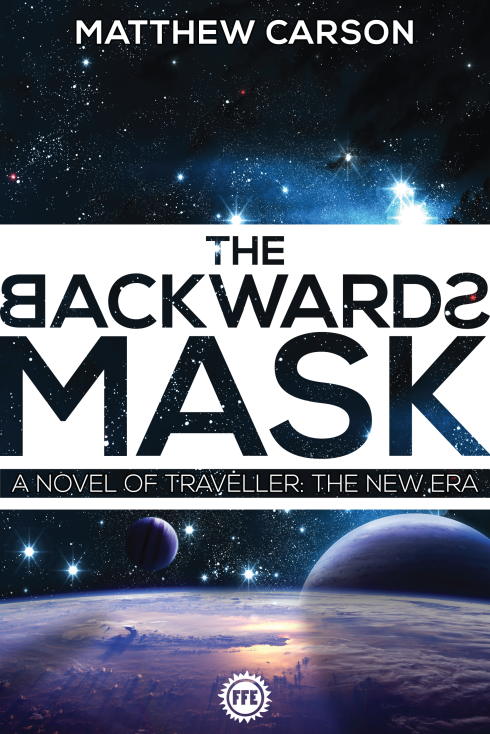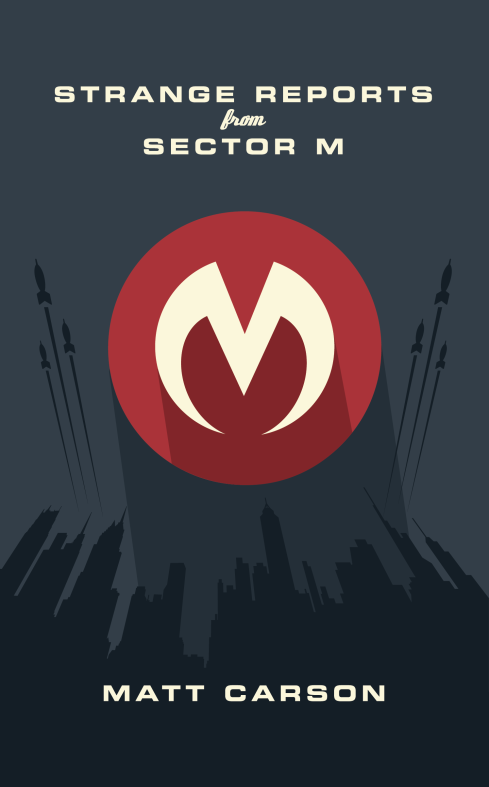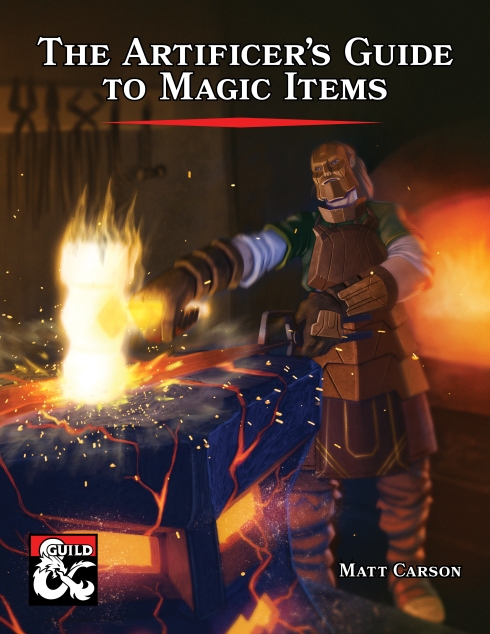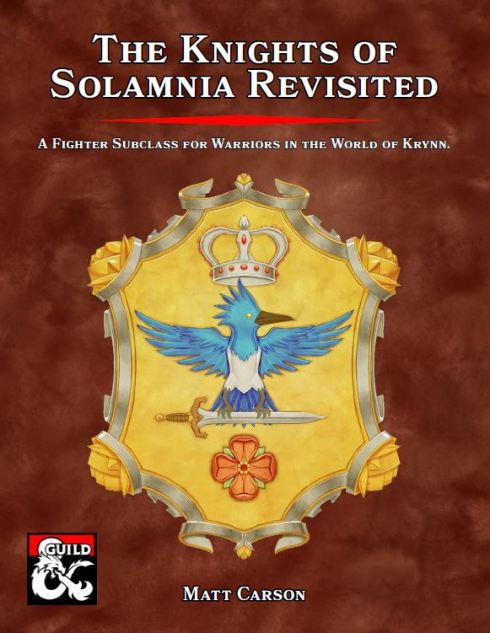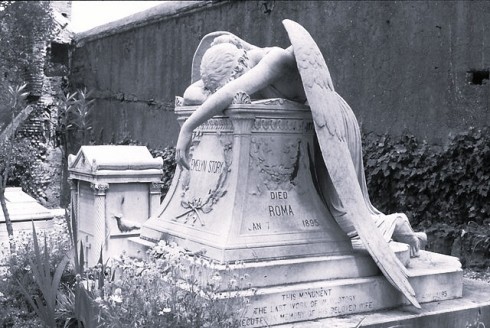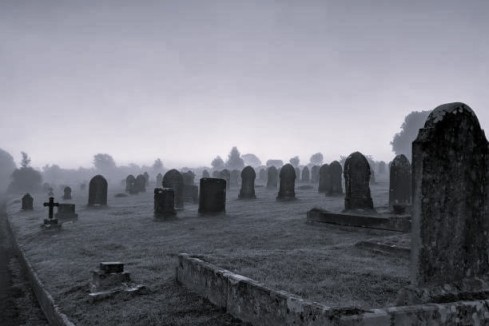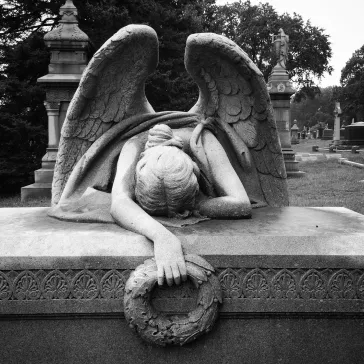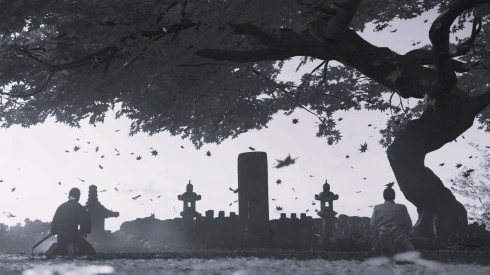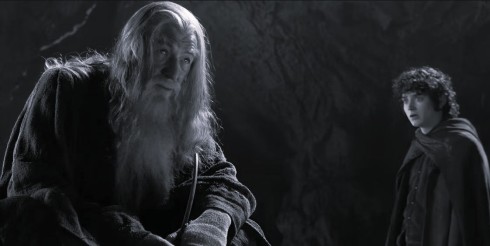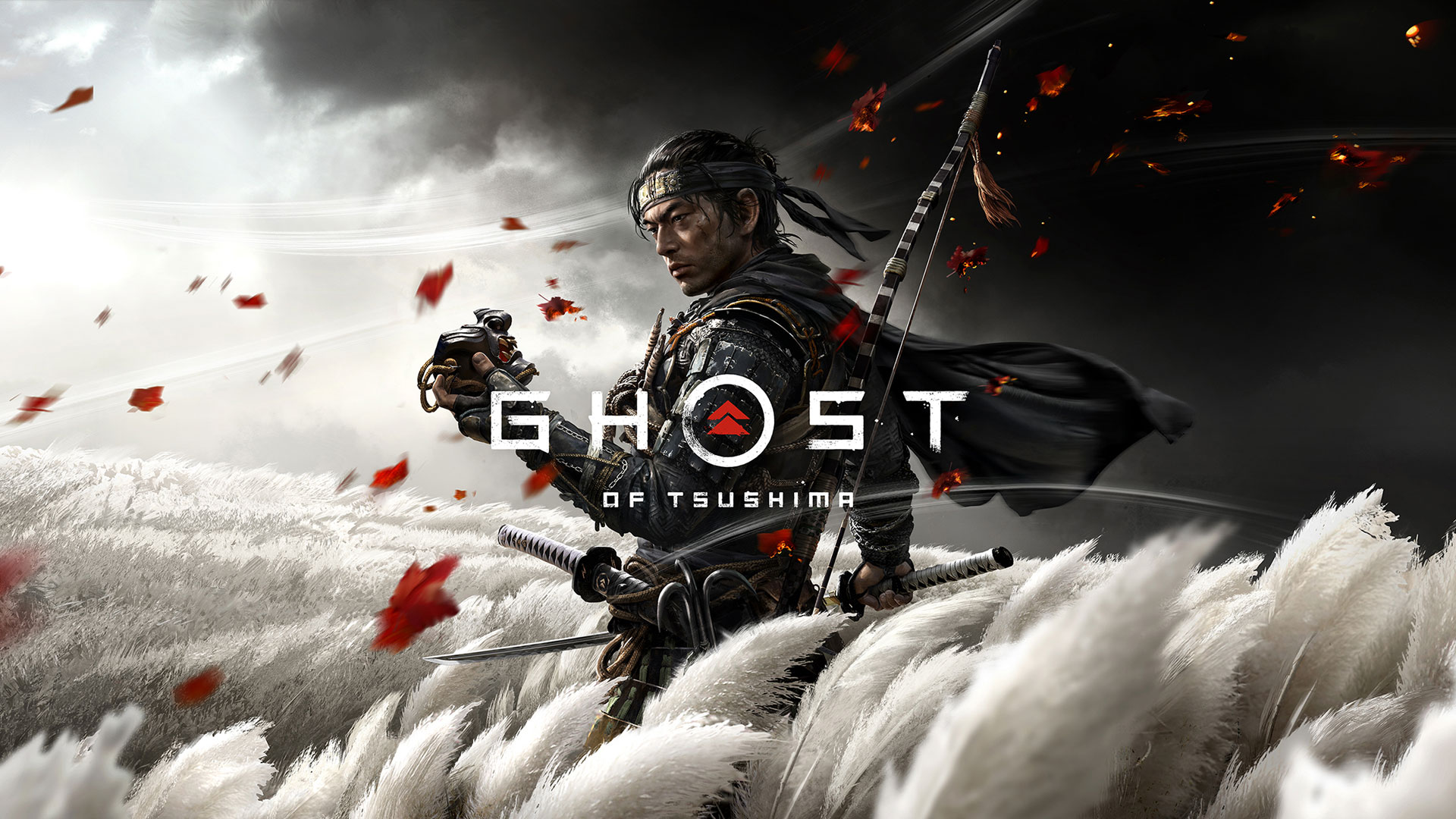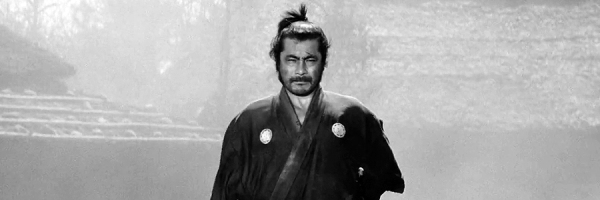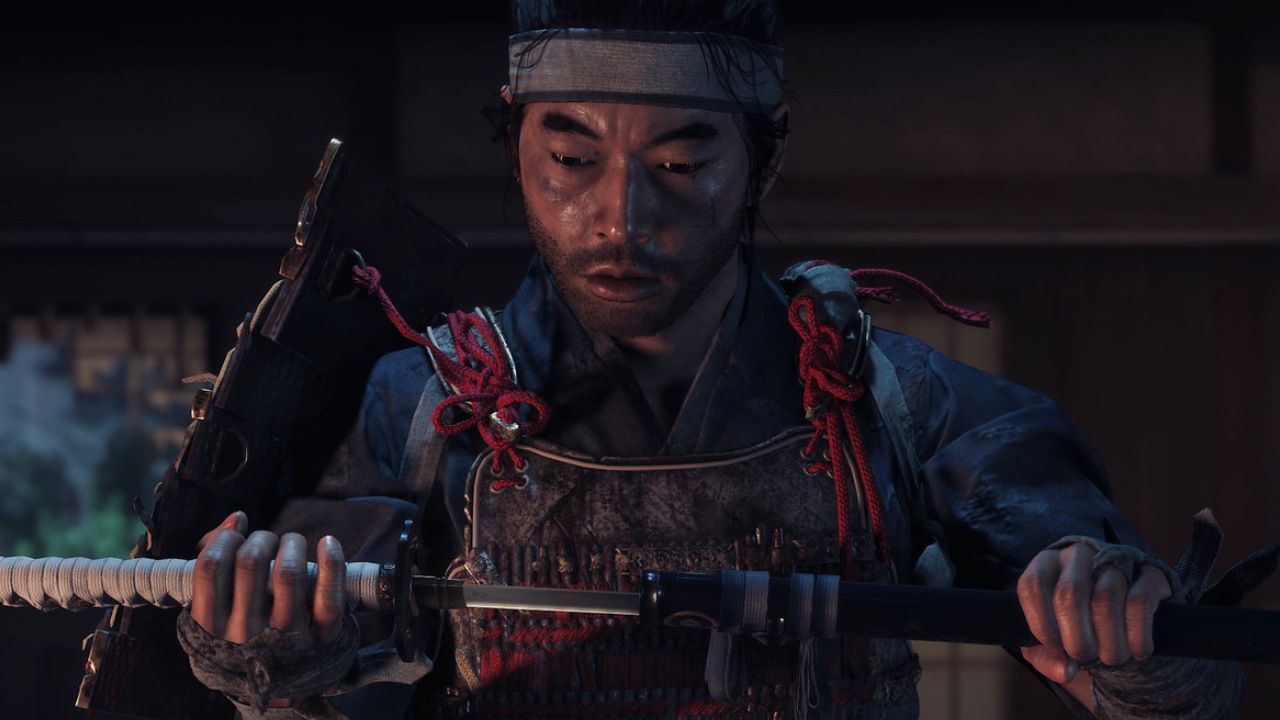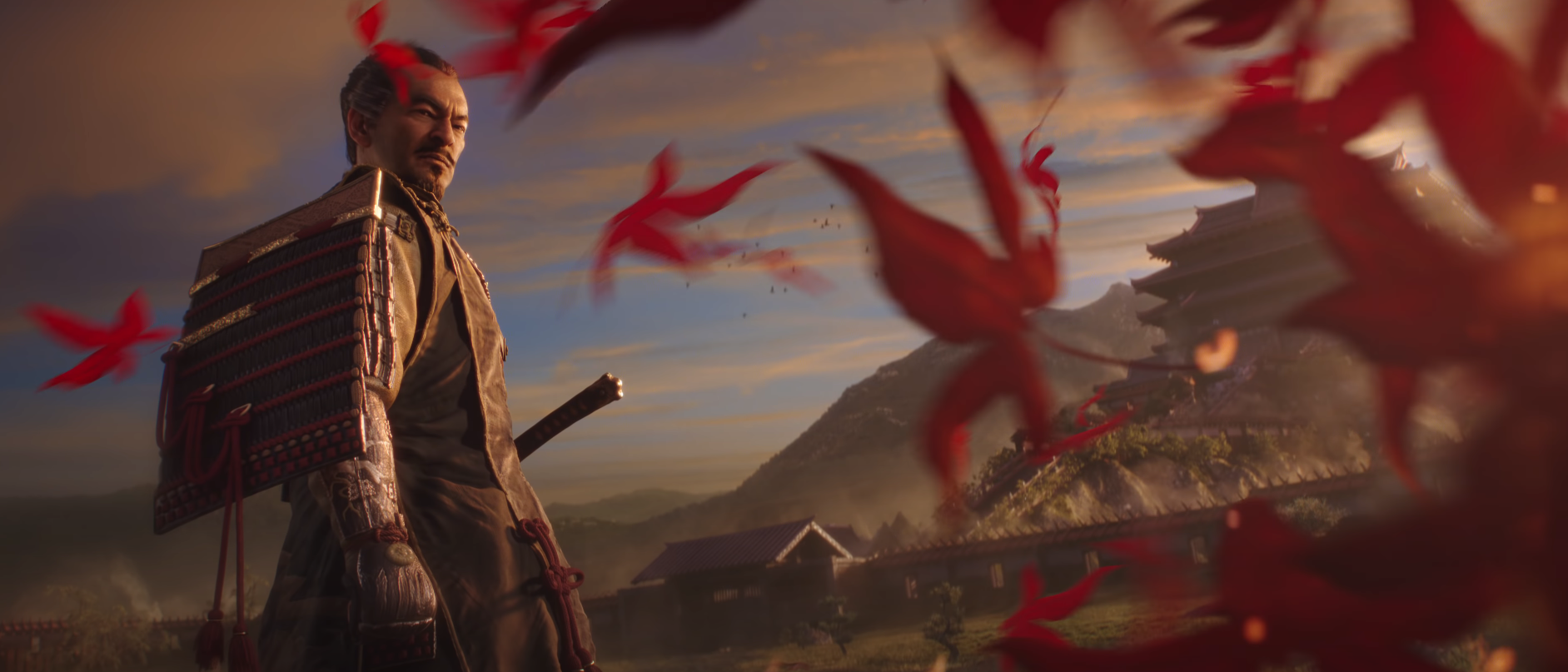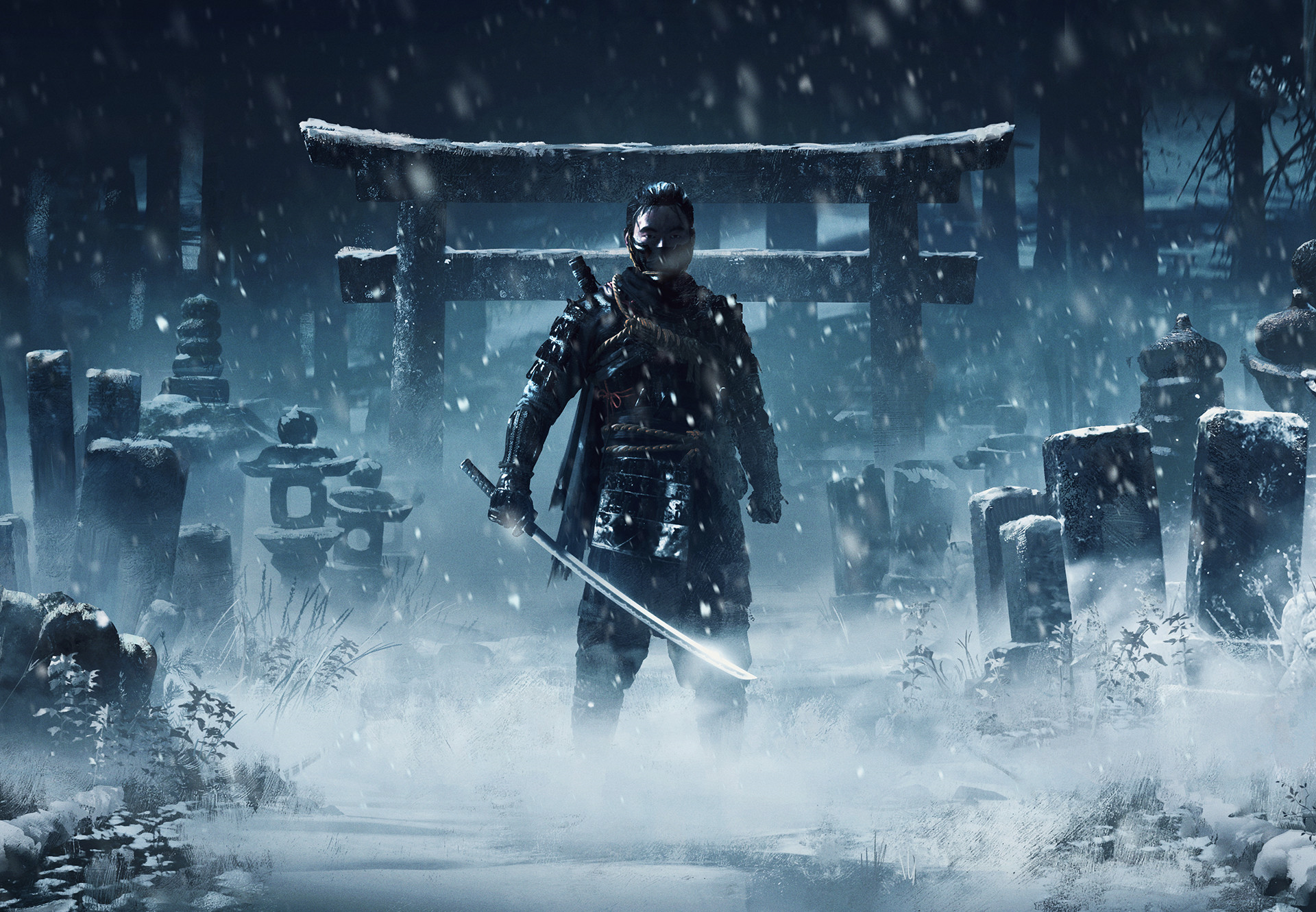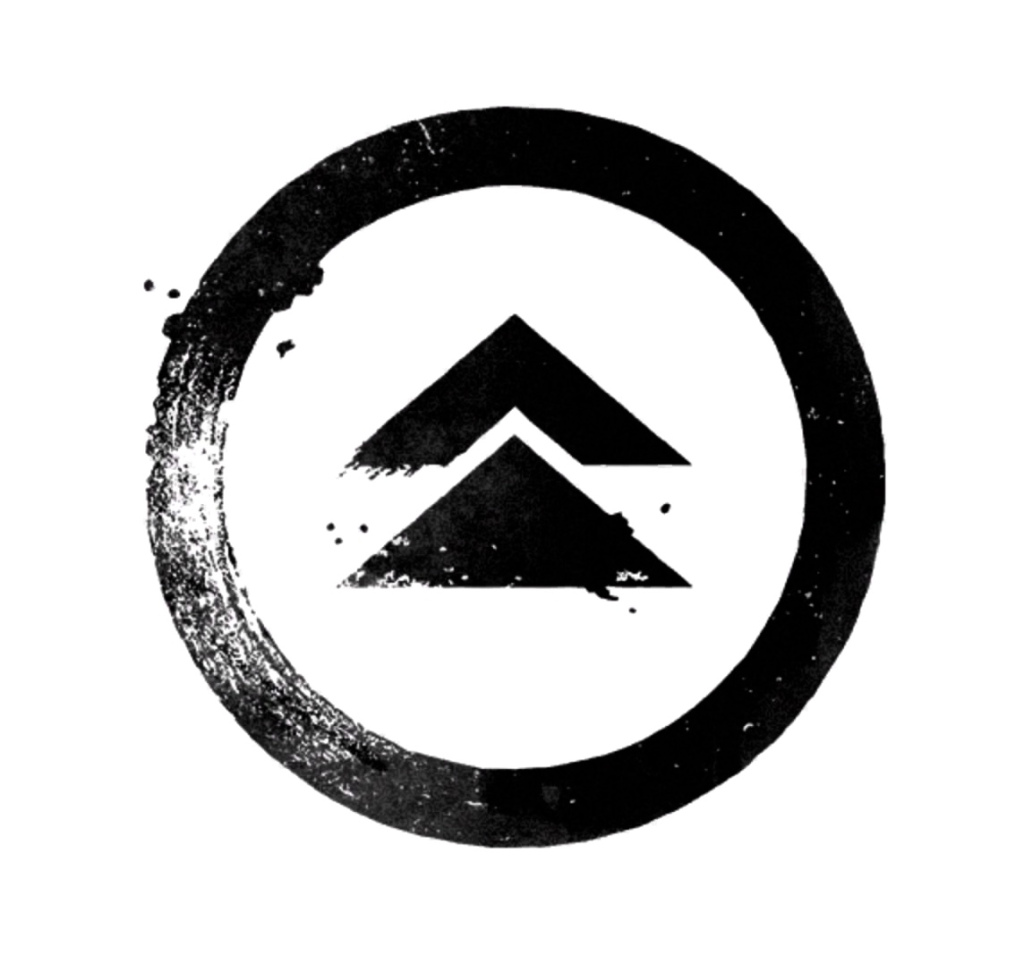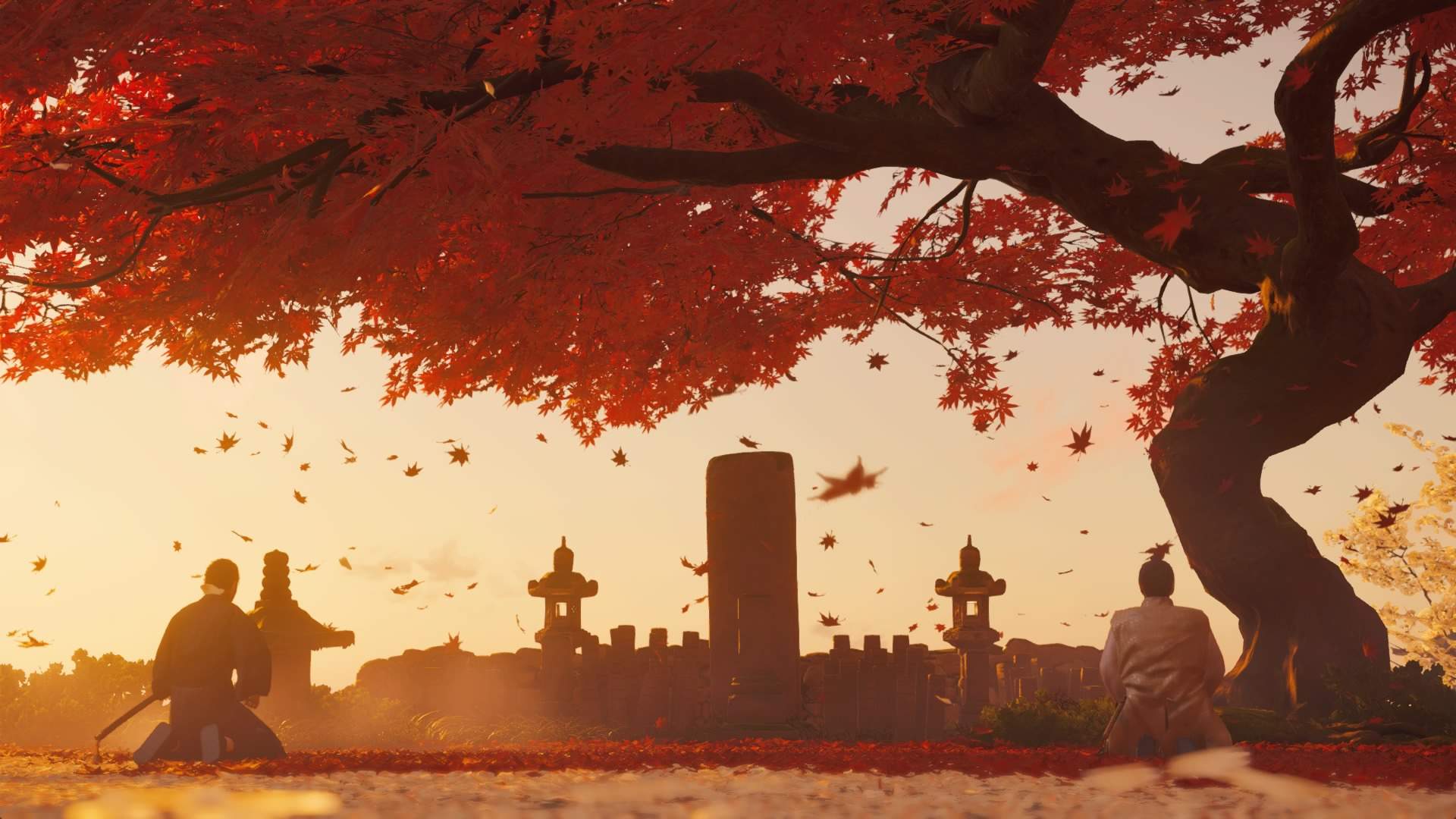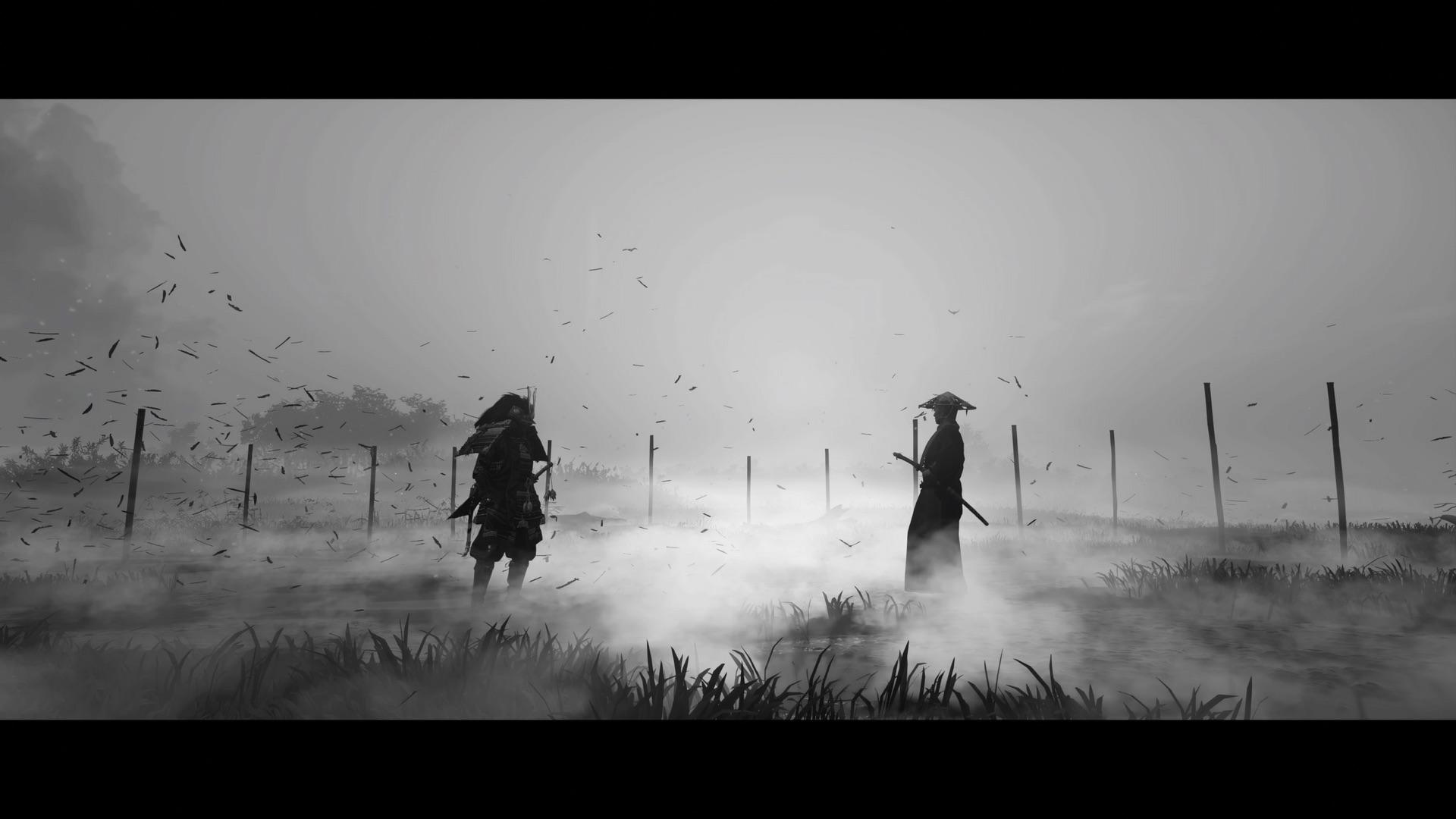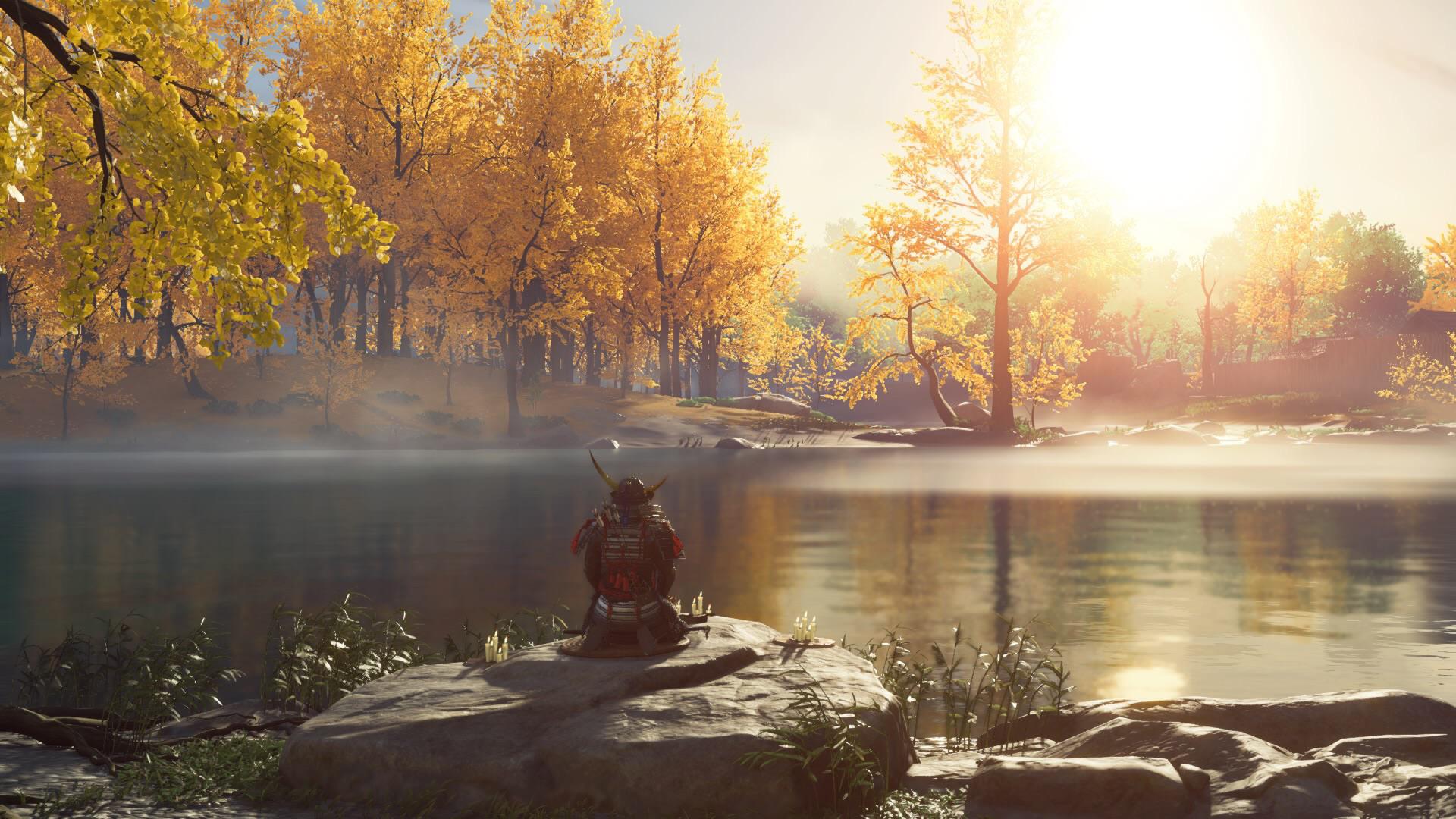The title of this blog post is generally good advice — however, I have elected to do the opposite. Yes, folks, after many years of office jobs, contract positions, and corporate roles, I’m hanging up my proverbial entry badge and lanyard, and cutting the cord. Am I retiring? Far from it.
I left my full-time role earlier this month so I could focus on the things that matter most to me. Namely, my books, my games, museum and experiential writing, and my family. I did not make this decision lightly, but rest assured that when I realized what I needed to do, a feeling of calm tranquility washed over me, and the path ahead became clear.
The Moment in Question
About two weeks after I graduated from high school, my godparents took me on a trip to Grand Cayman. I’ve written previously about the two of them here and here. We were accompanied by their son, whose tendency to get up super early in the morning gave him the lifelong nickname of “Rooster.” We went SCUBA diving on this trip in some of the most beautiful waters I’ve ever been in, especially around Devil’s Grotto. This was also the time I saw a barracuda way too up close and personal, but that’s another story.
It’s one of the most wonderful trips I’ve ever been on, together with three people I loved dearly. I remember the last few hours of that trip, I just sat under a gazebo, staring out over the brilliant turquoise and violet waters of the North Sound. I didn’t want to leave, and I think a part of me never did.
I had always meant to go back, but could never find my way until just recently. My family went on a Disney Cruise in the Caribbean, and one of our stops was at Grand Cayman. I was on a different part of the island than the last time I stepped foot there, but the ankle-deep sand, the wind on my face, and the motion of the waves against the shore took me back to when I was a freshly minted 18-year-old.
The sad fact is that Rooster passed away when I was in college, taken way too early. I lost my godmother in 2020, and my godfather passed away almost a year ago at the time of this writing.
Now I’m the only one left who remembers that trip. To some degree this was my “Oak Tree” moment, but it was less about realizing the full scope of time in a place of history, and more about understanding that I only have so many years left to pursue my dreams with the vigor and passion they require.
Let’s just say that it brought things sharply into focus.
But How Will You Make This Work?
But Matt, I hear you saying: People don’t just quit their jobs! How will you pay your bills? How will you put gas in your car? Where will you get your protein, huh?!
First, thank you for your concern — it’s always appreciated. Second, I have been working towards this goal for some time now, trying to get things squared away and certain safeguards put in place before I could even consider making an honest go of it. All of those things had begun to align after years of preparation, culminating pretty recently. All that was left to do was to conjure up the will to finally break away, and conjure it I did, there on that beach in Grand Cayman.
So, here we are. This is what I do now. Sector M Games has two projects in the works, with a possible third to follow. I have decided to self-publish a series of books and short stories that I’ve been working on for a while now, while pursuing some traditional publishing routes for other books I have either finished or that are currently in production.
There are also some exciting freelance projects that I have in the works that I can’t quite talk about just yet, but there’ll be more on that as they develop. Additionally, I’ll be putting together a Sector M newsletter to keep everyone in the loop on the latest information and projects. Most importantly, I want to build up Sector M as a community that sci-fi, fantasy, and gaming enthusiasts can call home.
To that end, I need your help. I have a Patreon that’s been going for a while, and I’ve just finished a revamp of the membership tiers, so I strongly encourage you to check it out here:
It’s a small community at the moment, so if you would like to get in on the ground floor and support what I do, please consider joining.
Aside from Patreon, I also have two books and two game supplements out there. If you haven’t picked up a copy of them yet, it would be a big help.
Books:
The Backwards Mask (Sci-fi)
Strange Reports from Sector M (Sci-fi/Fantasy anthology)
Game Supplements:
The Artificer’s Guide to Magic Items (5e D&D crafting guide)
The Knights of Solamnia Revisited (5e D&D for Dragonlance)
These four are just the beginning. It may take me a while to spin up some of the new projects I have in mind, especially those that I’ll need to build from the ground up, but this will be my focus moving forward. For those of you who are already supporting this effort (and you know who you are), you have my heartfelt and eternal thanks.
To those of you who haven’t yet jumped on the Sector M train (in the strictly figurative sense), I hope you will check out what I have to offer and help me build towards the future. With that in mind, I hope to see you around the Sector!
Si vales, valeo.
-Matt Carson



